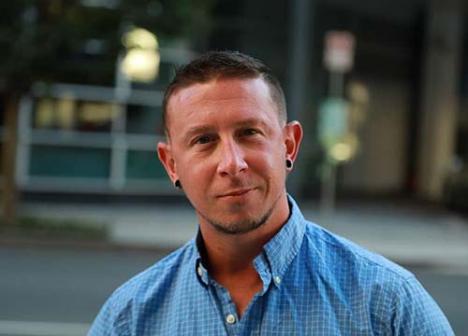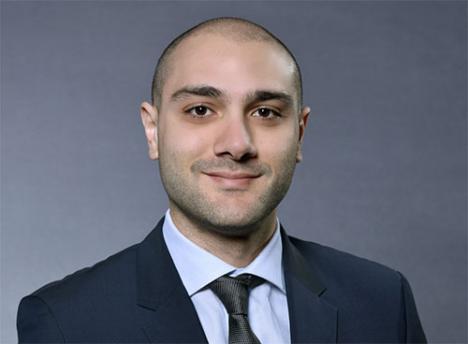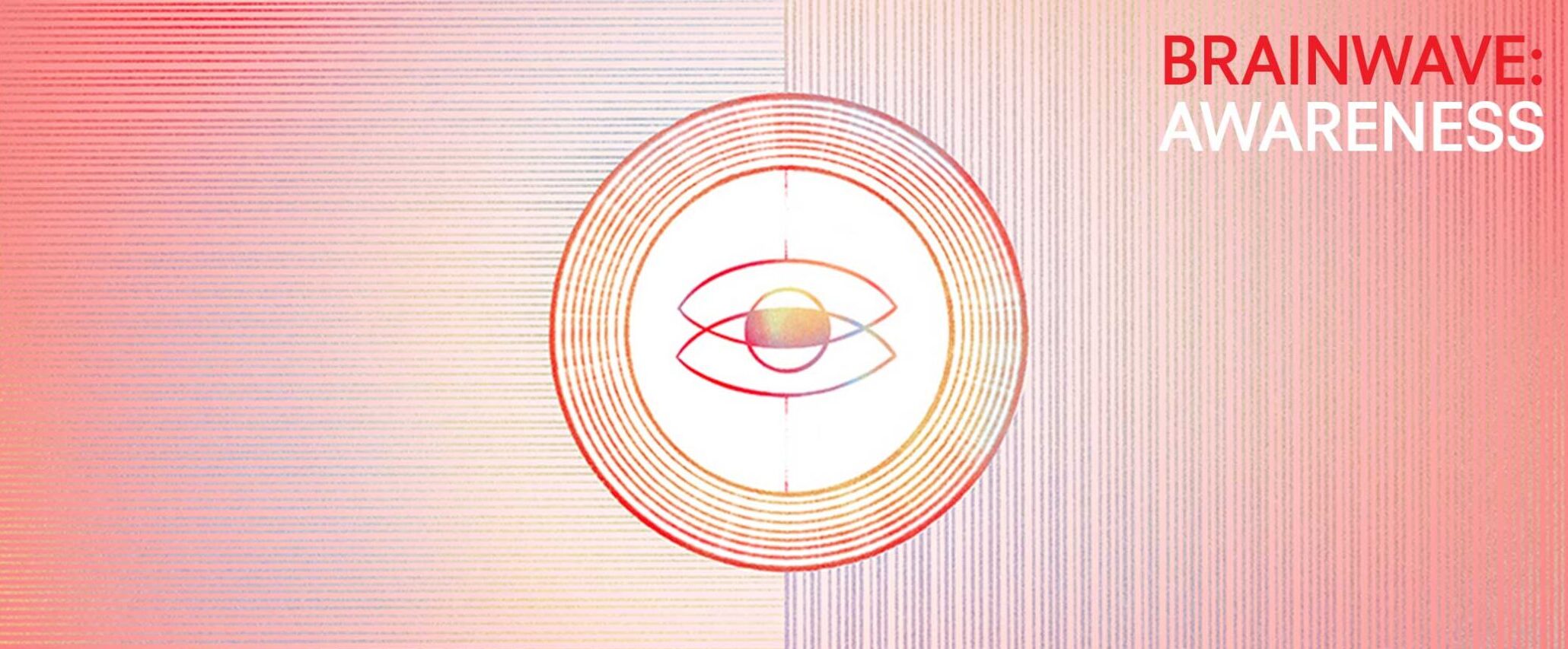
Deprogramming Racism
Chris Buckley + Dr. Nour Kteily
Chris Buckley tattooed “Infidel” in Arabic on his left forearm during an army tour in Afghanistan. “I wanted them to know I was the one the imam warned them about.” An Army veteran who served in Iraq and Afghanistan before joining the KKK to become its national security leader, Buckley despised Muslims and other minorities. That was then. Now the father of two spends his time building bridges of understanding across difference and hate, volunteering for Parents for Peace. What caused his awakening?
Psychologist Dr. Nour Kteily attempts to ascertain the conditions needed to deprogram racism and extremism. The need is an urgent one: the pandemic and the recent election have fueled an ever-growing number of young people being groomed in white supremacist hatred and ideology.
“These are people who have chosen hate and ideology as a drug of choice to numb the pain of underlying issues and grievances, and so we treat this the same way we treat addiction.”
—Myrieme Churchill, Executive Director of Parents for Peace, Seattle Times
About the Speakers

Chris Buckley is an Afghanistan war veteran from LaFayette, Georgia. He is a former white supremacist. Now he spreads awareness and educates the public about the dangers of extremism through his work with Parents For Peace.

Nour Kteily uses the tools of social psychology to investigate how and why social hierarchy and power disparities between groups emerge, and how this influences intergroup relations and prospects for conflict resolution. An associate professor of management and organizations at Northwestern University, he is particularly interested in investigating the psychological mechanisms, at both individual and group levels, that predict support for challenging versus maintaining hierarchy in society. His work has frequently explored these issues in the context of real-world conflicts of great consequence, such as the conflict in the Middle East and the Boston Marathon bombings. Professor Kteily’s research has been published in leading journals such as Proceedings of the National Academy of Sciences, Journal of Personality and Social Psychology, Psychological Science, and Journal of Experimental Psychology: General. His work has also been featured in popular press outlets, including the New York Times, Washington Post, and Boston Globe. Professor Kteily received his B.Sc. with first class honors from McGill University, his PhD in social psychology from Harvard University, and a postdoctoral award from the Social Sciences and Humanities Research Council in Canada.
About Brainwave 2021: Awareness
In our hyperconnected world it’s easy to feel overwhelmed and distracted. This may seem like a modern problem, but the earliest Buddhist teachings sought to help followers awaken from similar states of disconnection. From the Buddhist perspective, the first step to awakening is cultivating awareness.
Through the lens of neuroscience and psychology, the Rubin Museum’s 2021 Brainwave program series will explore awareness with speakers from different walks of life and experiment with tools to reconnect with ourselves, our surroundings, and our communities. Pay what you wish to attend any of this year’s programs.
Lead support for Brainwave is provided by Science Sandbox, an initiative of Simons Foundation, and by the New York City Department of Cultural Affairs in partnership with the City Council. Major support is provided by Gerry Ohrstrom with program support provided by Cheryl Henson.

Suggested Ticket Price: $15
Pay what you wish to attend this program. A generous ticket purchase shows your support of the Museum and helps us develop future offerings
Find the Zoom link to connect to the program in your confirmation email. View our Frequently Asked Questions for more information or contact our Box Office at boxoffice@rubinmuseum.org for assistance.

